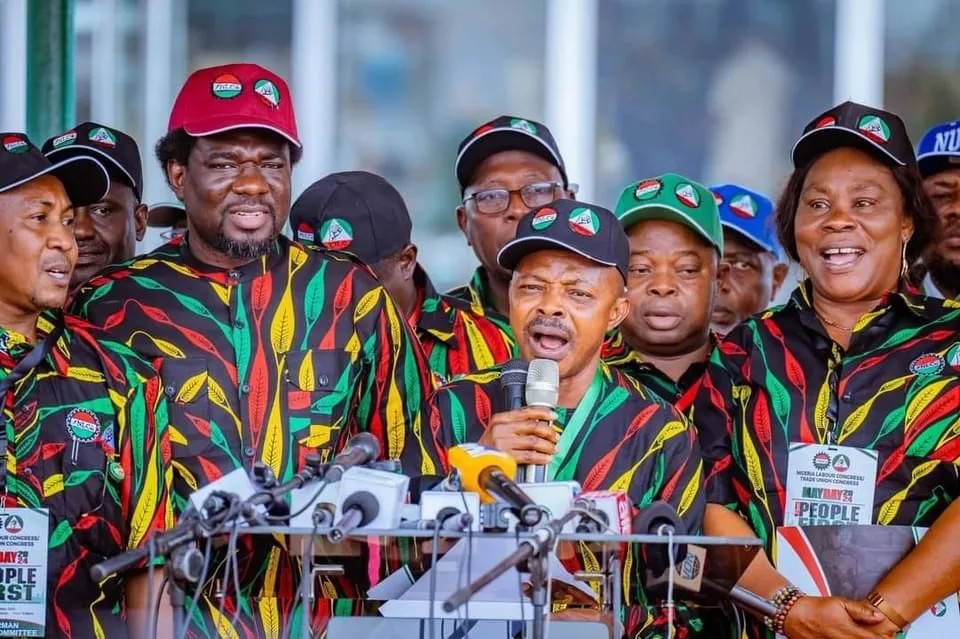The Director-General of the Nigeria Employers’ Consultative Association (NECA), Mr. Adewale-Smatt Oyerinde, has called on organized labour to reconsider their demand for a N400,000 minimum wage, cautioning that it could lead to widespread business closures.
He suggested that the proposed N57,000 minimum wage, a 90% increase from the current N30,000, should be acceptable.
Join our WhatsApp ChannelOyerinde, also the spokesperson for the Organised Private Sector (OPS) in the National Minimum Wage Negotiation Committee, highlighted the economic strain on businesses. “The organised businesses have offered a 90% increase. But labour is insisting on N400,000, which is desirable but unsustainable. It will lead to the death of many organisations,” he said.
In a statement titled, “National ‘Minimum’ Wage Negotiation: Job Security and Creation should be Prioritised,” Oyerinde stressed the need to focus on job creation and security amid rising unemployment. He noted that productivity should drive higher wages. “The committee is negotiating a new national minimum, not maximum, wage,” he emphasized.
READ ALSO: Workers React As Obaseki Pays N70,000 New Minimum Wage
Oyerinde explained that many businesses are struggling with significant losses and increased operational costs. “With organised businesses declaring over N1 trillion in combined losses, it’s practically impossible to guarantee enterprise sustainability with the current demands of organised labour,” he stated. The private sector remains committed to the 90% wage increase despite challenges such as rising interest rates, high logistics costs, and multiple taxes.
Highlighting the economic downturn, Oyerinde cited numerous company closures. “In the last three years, hundreds of companies either exited Nigeria, shut down, or changed their business model,” he reported. Companies like Procter & Gamble, Unilever Nigeria Plc, and others have faced significant losses or ceased operations. According to the Manufacturing Association of Nigeria (MAN), 767 manufacturing companies shut down and over 335 experienced distress in recent years.
Additionally, unsold goods worth N350 billion are piling up, affecting both large and small businesses. “The private sector is on the brink of collapse, with massive consequences for jobs,” Oyerinde warned.
He urged the National Minimum Wage Committee to focus on protecting jobs and ensuring the private sector’s capacity to create more employment. “According to the National Bureau of Statistics, the unemployment rate rose to 5.0% in Q3 2023. More efforts should be concentrated on keeping people employed while the government should implement its planned interventions,” he said.
Oyerinde concluded that prioritizing job security and sustainability in wage negotiations is crucial for Nigeria’s economic stability. He warned that insisting on unsustainable wage demands could make organized labour the “undertaker of organised business.”
Emmanuel Ochayi is a journalist. He is a graduate of the University of Lagos, School of first choice and the nations pride. Emmanuel is keen on exploring writing angles in different areas, including Business, climate change, politics, Education, and others.


















Follow Us